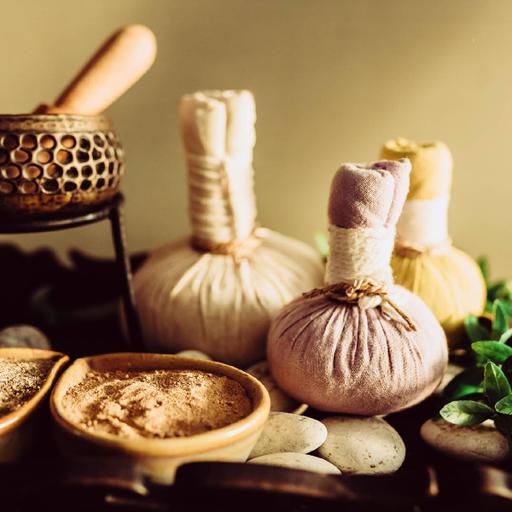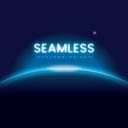Traditional Drugs
Presentations | English
Millenials are very much interested in the traditional drugs and natural healing compared to the previous generation. The research and development pipeline for drugs takes years and costs a lot of money. Furthermore, developing drug resistance has rendered some antibiotics and other life-saving treatments ineffective, which is partially due to medication overuse. Traditional medicine, according to the World Health Organization, is the sum total of knowledge, skills, and practises based on theories, beliefs, and experiences indigenous to various cultures, whether explicable or not, used in the maintenance of health as well as the prevention, diagnosis, improvement, or treatment of physical and mental illness, whether explicable or not. Some traditional medicine systems are backed up by massive amounts of literature and recordings of theoretical notions and practical abilities, while others are passed down verbally from generation to generation. To now, the majority of the population in several regions of the world continues to rely on traditional medicine to cover their primary health care needs. Traditional medicine is often referred to as "complementary and alternative medicine" when it is embraced outside of its traditional culture. China's, India's, and Africa's traditional medical systems are among the most commonly used today.

Free
PPTX (41 Slides)
Traditional Drugs
Presentations | English
